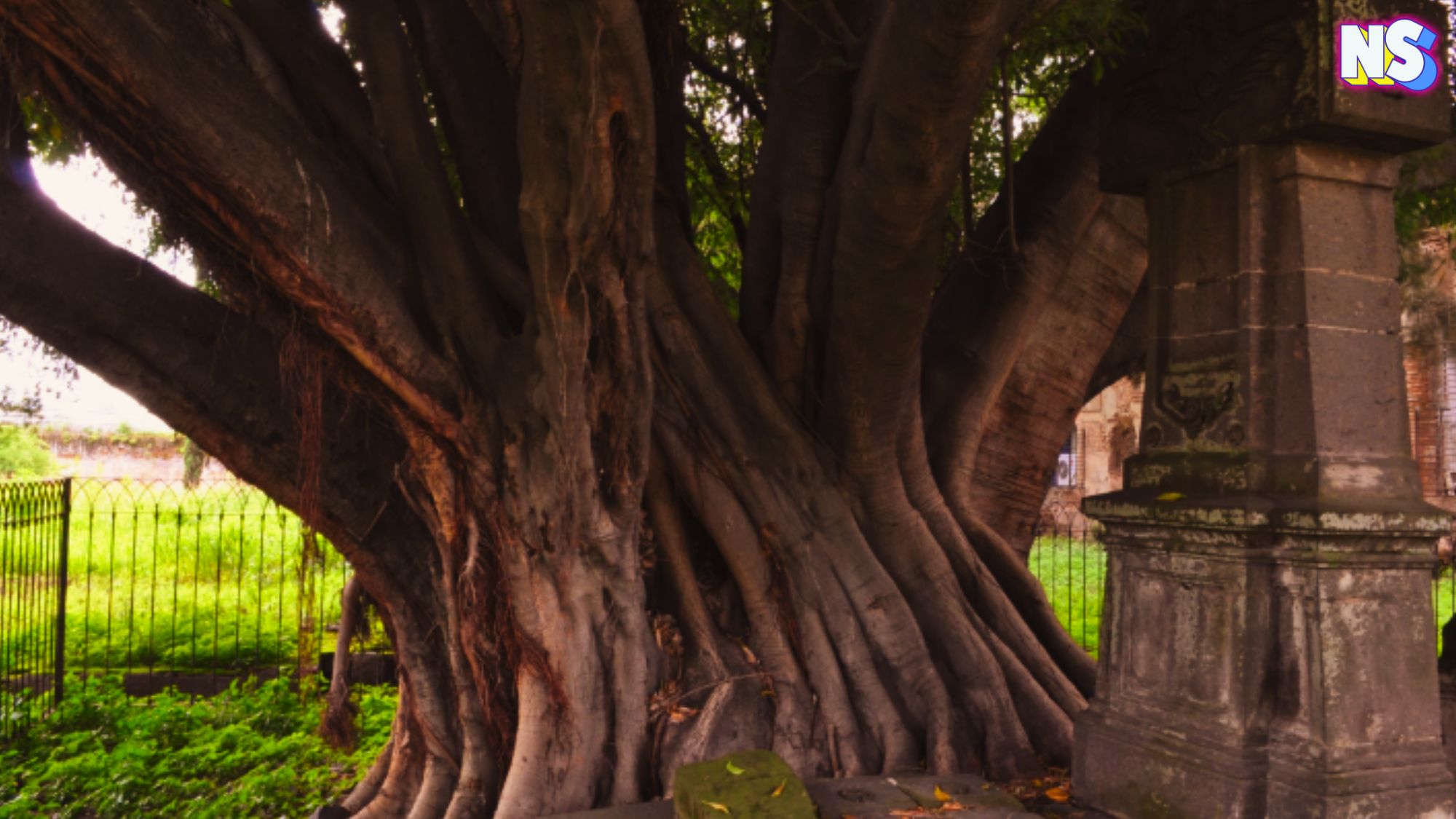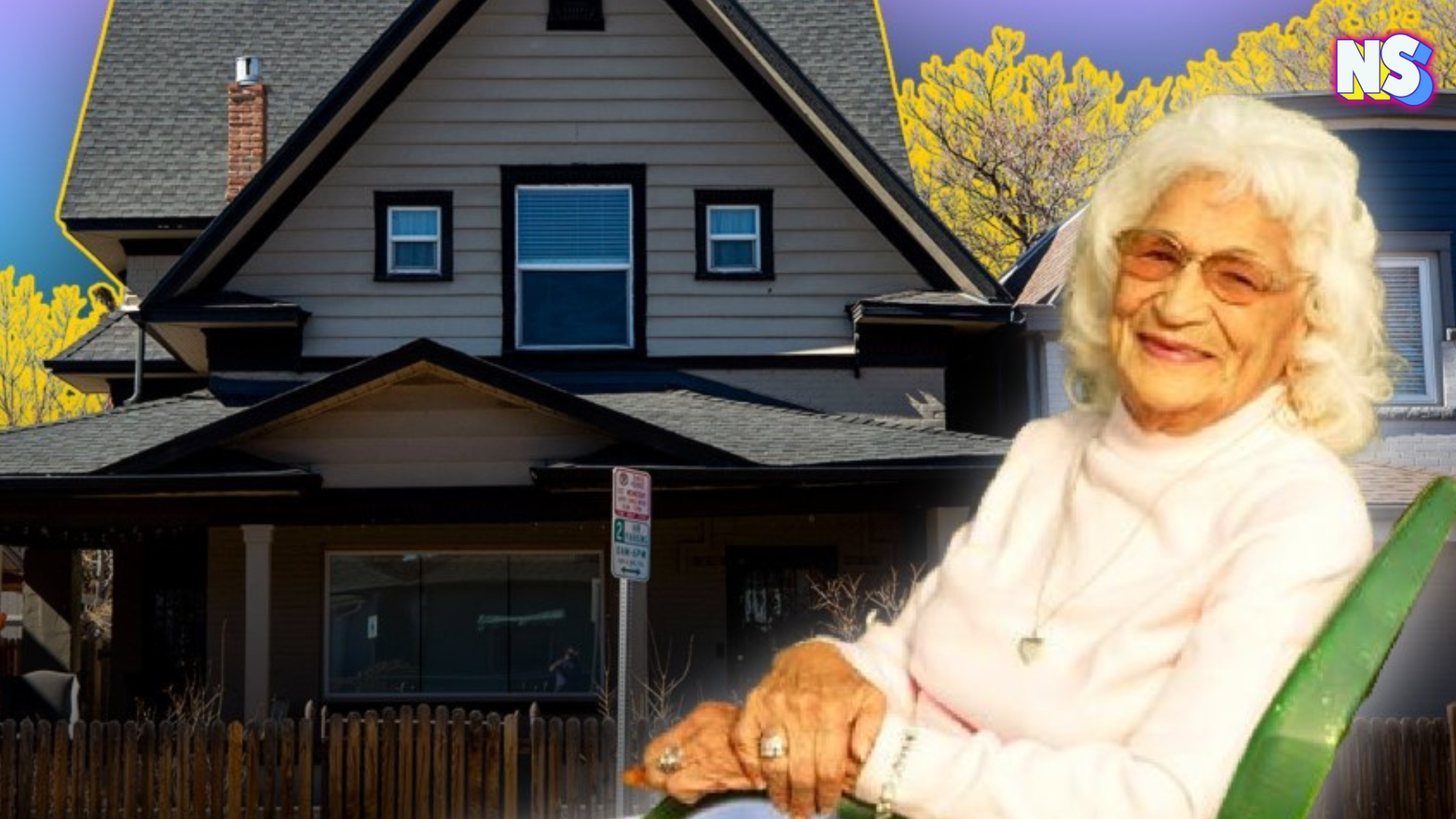Image courtesy of Nuestro Stories.
Through the course of the 50s and 60s, there was a widespread movement that became known as “the white flight,” a time when large swaths of European residents moved out of neighborhoods, towns, and cities that were becoming too diverse.
As Black and Latino residents moved in and were further empowered by the civil rights movement happening simultaneously across the country, many spaces, in essence, became repatriated.
For instance, Washington Heights, the well-known neighborhood in New York City, went through a long and diverse history to become what it is today, the Little Dominican Republic.
A historic neighborhood
Washington Heights was initially named for Fort Washington, a fortification constructed to defend the area against British forces during the Revolutionary War.
For years the area was considered an upper-class suburb with large mansions owned by wealthy New Yorkers of the time. The area's rapid development in the early 1900s transformed the neighborhood by connecting it to the rest of Manhattan.
The wealthy and affluent began moving their families and estates towards the upper east side, leaving Washington Heights open to groups seeking refuge. First, the Irish escaping the Potato Famine, then the German Jews escaping the nazi regime, and European immigrants began to make their home in Washington Heights.
As time progressed, many of the residents who replaced the Audubons, and others, started to move in. The area began to transform into a beautiful, Latino-based neighborhood full of life, art, culture, food, and music.
While a melting pot of Latino varietals made their home in Washington Heights, the Dominican presence was the largest and most powerful in the area. They quickly set up organizations, businesses, and neighborhood associations, allowing them to build a foundation for themselves, their family, and their gente.
Despite the transformation, not many outside of the barrio viewed it the same way, and by the 80s, many local Euro-owned businesses had moved out of the area, taking jobs with them. With the government's introduction of crack into communities of color, Washington Heights struggled through the Reagan Reign. The neighborhood continued to struggle until the early 90s when the tide turned.
After the murder of Kiko Garcia, a 22-year-old street vendor, by NYPD, a riot erupted in the neighborhood. For better or worse, the community protected each other stood for each other, and in those moments, they realized that they would have to ensure their communities stayed protected.
People began to reinvest in the community and each other. Washington Heights survived on the backs of its people.
Fun Facts:
- Famed writer Stan Lee, the genius behind Marvel superheroes, lived in a one-bedroom apartment in Washington Heights in the 1920s.
- On February 21, 1965, community leader Malcolm X was assassinated at Broadway and 165th Street.
- The neighborhood inspired Lin-Manuel Miranda's hit Broadway musical, "In The Heights."
Before you go:
- Plan to visit La Marina restaurant, with its two interior patios, multiple bars, and glass-enclosed indoor space.
- Also, check out the Morris Jumel Mansion, Manhattan's oldest standing house, which belonged to the first U.S. president, George Washington, during the Revolutionary War.
- And if you're in the mood for a good Mofongo, La Casa del Mofongo is the place to visit - you can close your meal with the best Tres Leches cake in the neighborhood!
Location: New York, NY, USA.
Take a look at Washington Heights here.





